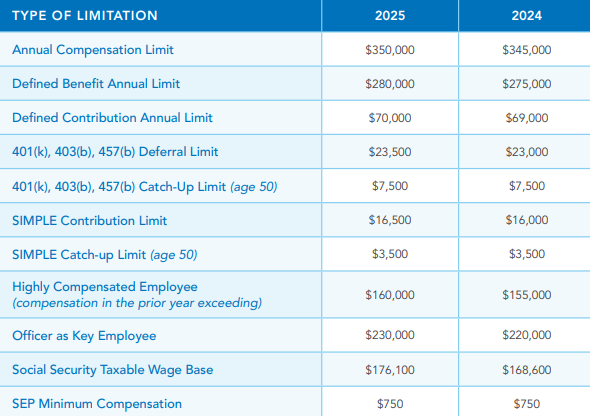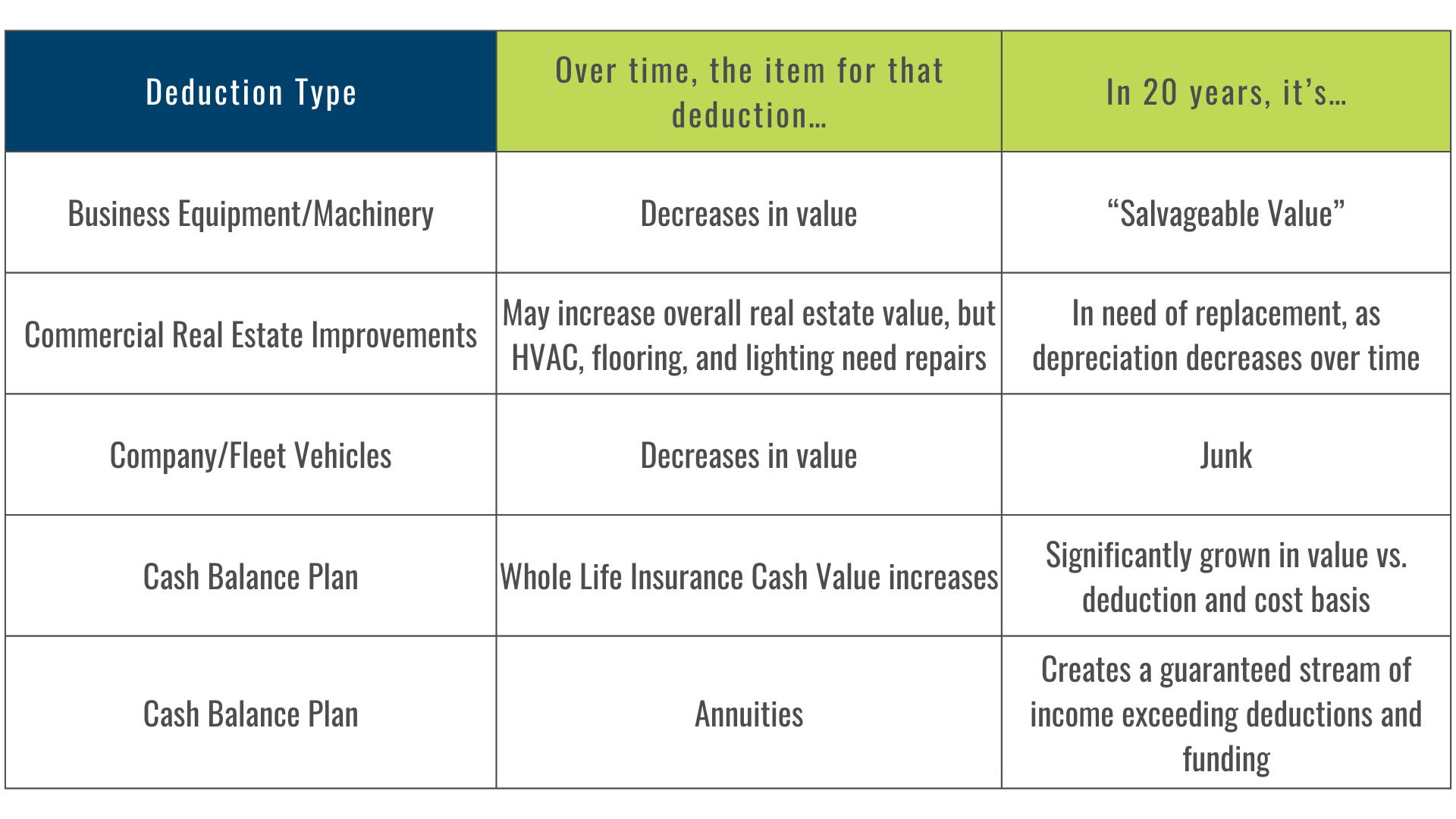Is Life Insurance Tax Deductible? A Guide for CPAs Advising Business Owners and High-Income Clients
Rohit Punyani, Co-Founder • August 26, 2024
As a CPA, you’re often the first line of inquiry when clients ask about the tax implications of financial products, including life insurance. The answer to whether life insurance premiums are tax-deductible isn’t straightforward—it depends on entity type, ownership structure, and the policy’s purpose.
This guide is designed to help CPAs understand when and how life insurance interacts with the tax code and how it can be strategically leveraged for tax planning, liquidity, and wealth transfer.
Understanding the Basics: What Counts as a Tax Deduction?
Before evaluating life insurance specifically, it’s helpful to recall that a tax deduction reduces taxable income, thereby lowering a client’s tax liability. Common deductions include mortgage interest, charitable contributions, HSA contributions, and self-employment expenses.
When it comes to life insurance, the rules vary significantly depending on who owns the policy and why it’s in place.
Are Life Insurance Premiums Tax-Deductible?
Short Answer: In Most Cases, No — But There Are Exceptions
The deductibility of life insurance premiums depends on the business entity type, the role of the insured individual, and whether the policy is tied to a qualified benefit or retirement plan.
C-Corporations:
C-corps may deduct premiums in very limited cases where the insurance is part of a qualified benefit plan. Examples include:
- Nonqualified Deferred Compensation (NQDC) arrangements (e.g., SERPs)
- Life insurance held inside a defined benefit or cash balance plan
- Policies where the corporation is not the beneficiary, but instead provides a death benefit to an employee or their heirs as part of compensation
However,Key Person Insurance and policies where the business is the beneficiary are not deductible under IRC §264.
Pass-Through Entities (S Corps, Partnerships, Sole Proprietors):
For these structures, life insurance premiums are typically not deductible. However, if life insurance is tied to a qualified retirement plan or is structured under a buy-sell agreement with the correct ownership arrangement, exceptions may apply.
Split-Dollar Arrangements:
These are typicallynot deductible for either the employer or employee, though they can offer non-tax benefits in executive compensation planning.
What Tax Benefits Does Life Insurance Offer?
Even when premiums are not deductible, life insurance can offer several meaningful tax advantages:
- Tax-Deferred Cash Value Growth: The cash value in permanent life insurance (especially whole life and IUL) grows without triggering annual income taxes.
- Tax-Free Dividends: For mutual company whole life policies, dividends are typically tax-free if they do not exceed total premiums paid.
- Tax-Free Policy Loans: Borrowing against a policy’s cash value does not generate taxable income, provided the policy remains in force and avoids MEC status.
- Income Tax-Free Death Benefit: The death benefit is generally not subject to income tax, which makes it valuable for wealth transfer, estate liquidity, and business succession planning.
- Creditor Protection: In many states, the cash value and death benefit of life insurance are protected from creditors, offering an additional layer of asset protection.
- Charitable Giving and Legacy Planning: Policies can be structured to pass tax-free wealth to nonprofits or heirs, bypassing probate.
Are Life Insurance Death Benefits Taxable?
Generally No, But With Key Exceptions
- Income Tax: The death benefit is
not considered taxable income to the beneficiary.
- Estate Tax: If the insured owns the policy, the death benefit is included in their gross estate and may be subject to estate taxes. To avoid this, many high-net-worth clients use an
Irrevocable Life Insurance Trust (ILIT) to own the policy.
- Interest Earned on Delayed Payouts: If a payout is delayed and the insurer pays interest, that interest is taxable.
- Group Life Insurance Over $50,000: Employer-provided group coverage exceeding $50,000 may be subject to income tax for the employee under IRS rules.
- Foreign Policies: Life insurance issued by non-U.S. companies can have different tax implications, especially regarding compliance with FATCA and reporting on Form 8938.
How Is Life Insurance Cash Value Taxed?
- Growth: The cash value in a permanent policy grows
tax-deferred.
- Withdrawals: Withdrawals up to the basis (total premiums paid) are tax-free. Distributions beyond that may be taxable.
- Loans: Loans against cash value are not taxed, provided the policy remains in force and does not lapse.
- Policy Lapses or Surrenders: If a policy lapses or is surrendered, and the loan amount exceeds the basis, the difference is taxable as ordinary income.
CPA Planning Insights: When Life Insurance Fits the Strategy
As a CPA, here’s how you can help clients integrate life insurance into a broader financial and tax strategy:
- Buy-Sell Agreements: Whole life or term policies can fund cross-purchase or entity-purchase arrangements. Be aware of valuation and estate inclusion concerns post-Connelly.
- Executive Compensation: SERPs and other NQDC plans often rely on life insurance to fund future obligations.
- Legacy Planning: ILITs can preserve estate tax efficiency.
- Retirement Planning: Overfunded whole life policies offer a tax-free source of supplemental retirement income through loans and withdrawals.
- Creditor Protection: For clients in high-risk professions, life insurance may serve as a protected asset.
Final Thoughts
Life insurance is often misunderstood from a tax perspective. Whilepremiums are rarely deductible, the broadertax benefits—particularly for permanent insurance—can be significant. As a CPA, your role is essential in helping clients understand the implications and structure these strategies appropriately.
At Fusion Strategies, we collaborate with CPAs to align insurance solutions with tax-efficient wealth strategies. Whether your client is an entrepreneur, executive, or family office, we help ensure the policy structure complements their overall financial plan.
Contact Fusion Strategies
Contact Us: https://www.fusion-strategies.com/contact
Visit:https://www.fusion-strategies.com/blog
The information provided is for educational purposes only and does not constitute legal, tax, or financial advice. Life insurance policies and tax laws can be complex, and their applicability depends on individual circumstances. It is recommended that you consult with a qualified financial advisor, tax professional, or legal expert to determine how these concepts apply to your specific situation. The content is based on current tax laws as of the publication date and may be subject to change. We are not responsible for any errors or omissions, nor for the results obtained from the use of this information.



